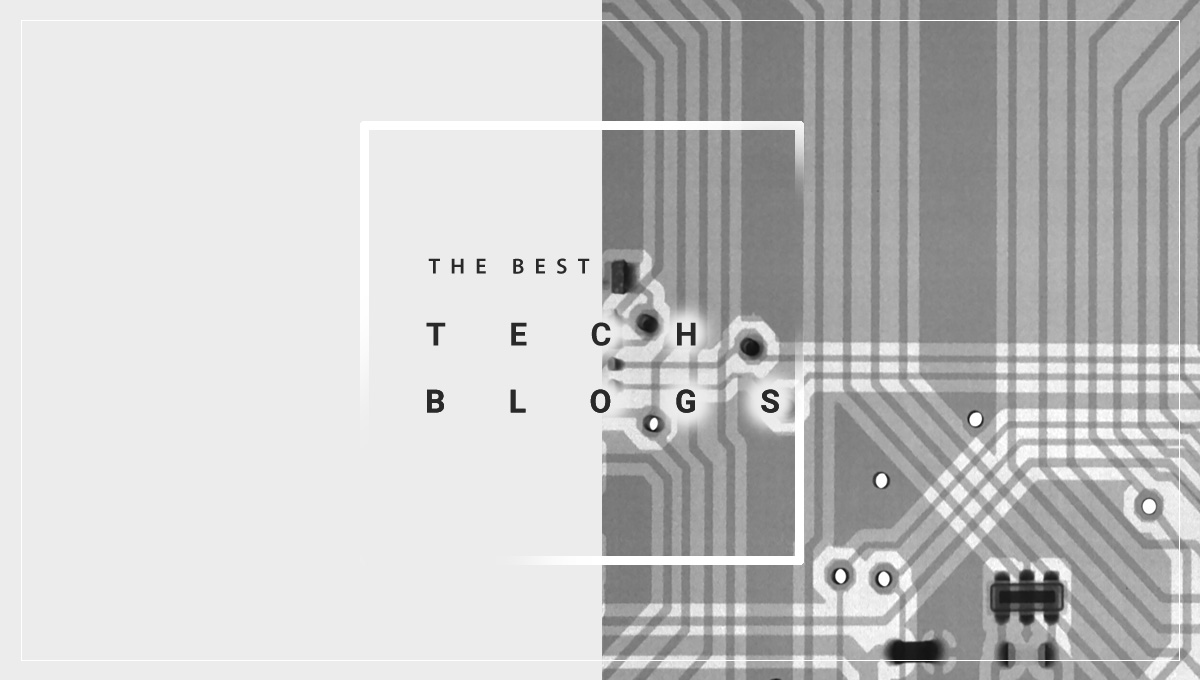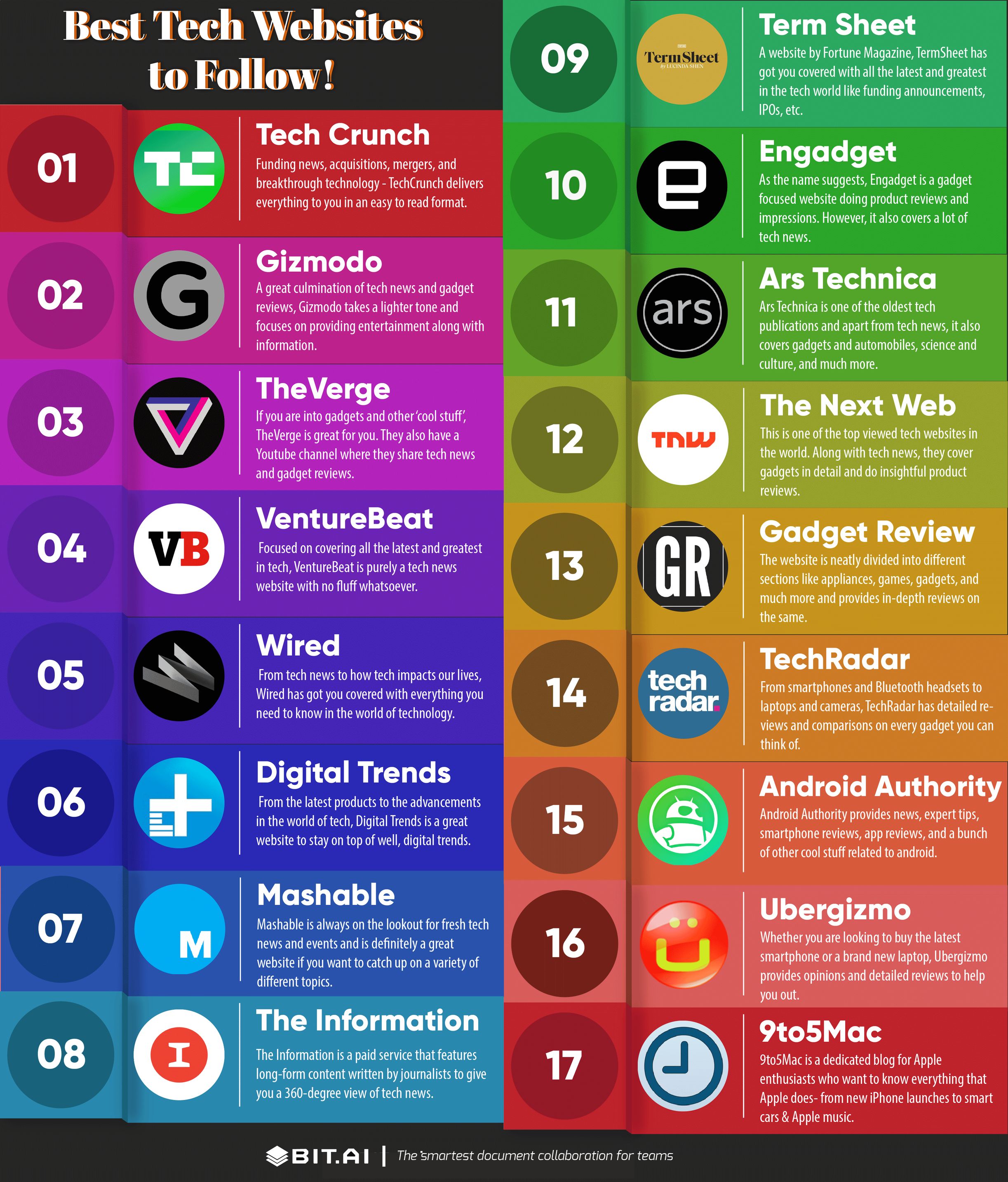The Development of the Best tech blog: A Journey Through Tech Background and Future Trends
The Development of the Best tech blog: A Journey Through Tech Background and Future Trends
Blog Article
How Blockchain Technology Is Revolutionizing Data Security
Blockchain innovation is basically modifying the landscape of data safety by introducing a decentralized framework that guarantees improved openness and strength. Unlike conventional systems, which depend on central data databases, blockchain distributes data throughout a network, decreasing susceptabilities and single factors of failing. Using advanced cryptographic methods ensures that data stays tamper-proof, promoting trust fund amongst customers and stakeholders. As sectors quickly adjust to this innovation, inquiries develop regarding its wider impact and prospective obstacles. What implications does this shift hold for future information security techniques and regulatory structures? The solutions might amaze you (Best tech blog).
The Basics of Blockchain
Blockchain innovation, a cutting edge concept in electronic data management, essentially transforms exactly how details is stored and safeguarded. At its core, a blockchain is a dispersed journal that tape-records transactions throughout a network of computer systems, ensuring transparency and immutability. The technology operates a chain of blocks, each including a checklist of purchases. As soon as a block is filled up, it is time-stamped and linked to the previous block, creating a chronological chain.
Key to understanding blockchain is the hashing procedure, which encrypts purchase information right into a distinct alphanumeric code. This cryptographic function makes certain that any type of modification in the deal information leads to a completely various hash, thus protecting against tampering. The agreement device, one more vital part, confirms and verifies new transactions via a network of nodes, thus eliminating the demand for a centralized authority.
Furthermore, blockchain's append-only framework makes certain that data, once included, can not be deleted or modified. This particular warranties a irreversible and proven document of purchases, cultivating depend on among individuals. Therefore, blockchain supplies a durable structure for information stability, providing markets a dependable approach for tracking and handling electronic information in a secure, clear way.
Decentralization and Security
Decentralization, a core concept of blockchain technology, substantially boosts data safety by dispersing control across a network instead than counting on a singular, centralized entity. By dispersing data across many nodes, blockchain ensures that even if one node is jeopardized, the whole network continues to be protected.

In addition, decentralization empowers users with better control over their data. Each participant in the network has access to the whole blockchain, allowing them to confirm and audit transactions separately. This openness promotes trust among individuals, as they do not have to rely upon a main authority to ensure information stability. On the whole, decentralization is instrumental in boosting data security in blockchain networks.

Cryptographic Strategies
At the heart of blockchain modern technology, cryptographic methods play an essential role in protecting information, making sure both confidentiality and stability. These strategies are fundamental to the blockchain's capacity to securely videotape purchases in a decentralized manner. Cryptography in blockchain employs a mix of crooked and symmetric algorithms to secure information, making it obtainable just to authorized celebrations - Best tech blog. Public and personal essential sets are main to this procedure, permitting for safe and secure authentication and identity verification without revealing delicate details.
Hash functions are one more critical component, changing input information into a fixed-size string of personalities, properly producing a special digital finger print for every block. This guarantees that any attempt to alter the information will certainly lead to a completely various hash, therefore keeping the immutability of the blockchain. Electronic signatures validate the credibility and stability of transactions, offering a layer of non-repudiation.
The decentralized nature of blockchain, incorporated with robust cryptographic strategies, gets rid of the demand for intermediaries, reducing possible vulnerabilities. As blockchain modern technology progresses, developments in cryptography such as zero-knowledge evidence and homomorphic file encryption remain to boost safety measures, additionally strengthening information defense in this innovative digital journal system.
Usage Situations Throughout Industries

In the medical care market, blockchain makes sure the safe storage and sharing of patient records, promoting interoperability while safeguarding sensitive data from unauthorized gain access to. This modern technology empowers clients with control over their case history and facilitates seamless coordination amongst healthcare carriers.
Supply chain monitoring advantages dramatically from blockchain's immutable ledger, which guarantees traceability and authenticity of products from beginning to consumer. By boosting openness, blockchain helps minimize concerns such as counterfeiting and underhanded sourcing.
Additionally, blockchain's decentralized nature is improving the power market by making it possible for peer-to-peer power trading, where consumers can buy and sell excess renewable resource directly. This fosters a much more lasting and efficient energy community.
In the world of copyright, blockchain supplies a tamper-proof system for makers to register and safeguard their jobs, making sure rightful acknowledgment and fair compensation. These diverse use cases highlight blockchain's function as a crucial pressure in redefining information security throughout markets.
Future of Information Protection
As we websites want to the future of data security, blockchain modern technology is positioned to play an essential duty in guarding electronic details. With its decentralized and unalterable characteristics, blockchain supplies a durable framework for protecting sensitive information versus unapproved accessibility and cyber dangers. This technology guarantees that once information is tape-recorded, it is almost impossible to modify without detection, thus providing a significant benefit over standard data storage methods.
The assimilation of blockchain with various other sophisticated innovations, such as expert system and the Net of Points (IoT), is expected to enhance information security techniques further. By leveraging clever agreements, organizations can automate and enforce protection procedures, decreasing human error and raising performance. In addition, blockchain's ability to provide transparent and deducible purchases will certainly bolster trust fund and accountability in data monitoring methods.
As governing landscapes advance, blockchain's compliance-friendly nature will certainly become increasingly appropriate. It can aid organizations fulfill rigorous information security laws, such as the General Data Defense Policy (GDPR) and the California Customer Personal Privacy these details Act (CCPA), by offering proven records of information processing tasks. Eventually, blockchain's one-of-a-kind features position it as a transformative tool in the recurring quest to secure the digital world versus ever-evolving cyber dangers.
Final Thought
Blockchain technology represents a standard shift in data protection by leveraging decentralization and cryptographic techniques to improve transparency, depend on, and data integrity. Its ability to get rid of solitary points of failure and utilize consensus mechanisms substantially decreases the risk of scams and cyberattacks. This cutting-edge structure not only equips individuals with higher control over their information yet also lines up with regulative compliance. As cyber risks progress, blockchain becomes a crucial tool for robust data defense throughout various sectors.
Blockchain technology is find here fundamentally changing the landscape of information safety by introducing a decentralized framework that assures enhanced transparency and strength. Unlike conventional systems, which count on central data databases, blockchain disperses data across a network, minimizing susceptabilities and solitary points of failure.Decentralization, a core principle of blockchain modern technology, substantially improves information safety and security by distributing control throughout a network rather than depending on a single, centralized entity.At the heart of blockchain technology, cryptographic methods play an essential role in guarding data, ensuring both privacy and honesty.Blockchain modern technology stands for a paradigm change in data safety by leveraging decentralization and cryptographic strategies to enhance openness, depend on, and information stability.
Report this page